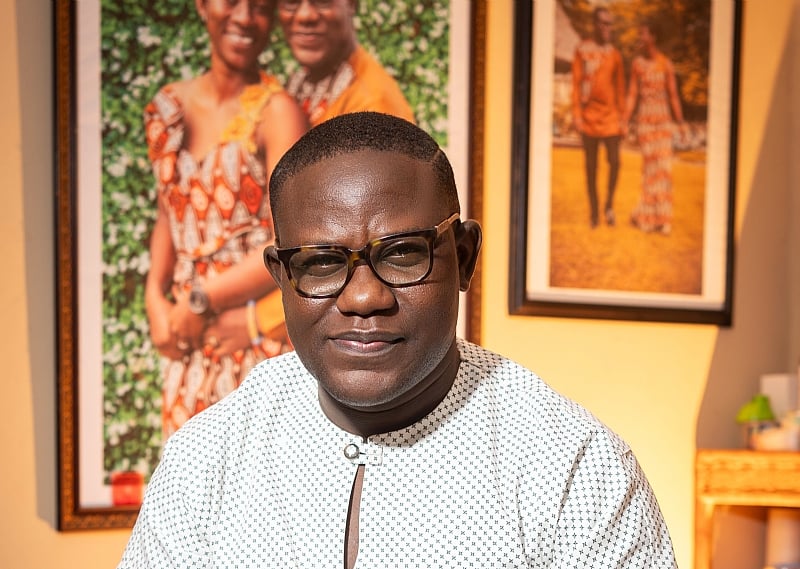The allure of mangoes, with their diverse flavors and textures, evokes a nostalgic connection to childhood adventures. These memories underscore the formative influence of early experiences, particularly those within the family unit. Just as exposure to various mango varieties expands one’s appreciation for the fruit, so too does exposure to different family structures shape an individual’s understanding of relationships and societal norms. The author’s upbringing in a stable, loving home contrasted sharply with the experiences of some peers who faced parental absence, neglect, or even abuse. These differing experiences highlight how the environment one grows up in significantly impacts their perception of family, marriage, and life in general. This early “mango” experience, whether sweet or sour, sets the stage for future expectations and choices.
Just as the perception of mangoes can be skewed by limited exposure, so too can the perception of marriage. If one’s only experience is with a dysfunctional or unhealthy relationship, it can lead to the false belief that all marriages are destined for similar outcomes. This underscores the importance of seeking diverse perspectives and recognizing that individual experiences are not universal truths. It is crucial to acknowledge that positive, supportive, and fulfilling marriages exist, even amidst a chorus of negative narratives. Finding a compatible partner requires careful consideration and a willingness to look beyond superficial qualities. Choosing a spouse is not merely selecting a life partner, but also a parent for potential children, an in-law for one’s family, and a contributor to society as a whole.
The author draws a profound parallel between choosing a mango and choosing a spouse. Both require discernment and an awareness of the potential consequences of one’s choices. Settling for a “sour mango” in marriage can lead to bitterness and regret, while choosing a “ripe mango” can cultivate happiness and fulfillment. The decision to marry should be approached with caution and thoughtful consideration, especially for single women. The author emphasizes the importance of looking beyond personal desires and considering the impact a potential spouse will have on future children. Children are profoundly influenced by their parents’ relationship, and a healthy, loving partnership can shape their understanding of love, respect, and family dynamics. Conversely, witnessing a dysfunctional or abusive relationship can have lasting negative consequences on a child’s emotional well-being and future relationships.
Likewise, men contemplating marriage are encouraged to reflect deeply on the role their future spouse will play in their lives and the lives of their children. A good spouse should be a source of support, encouragement, and stability, helping to achieve life goals and nurture a loving family environment. Conversely, a bad spouse can be detrimental, hindering personal growth and creating a toxic atmosphere. The author emphasizes the individual’s agency in choosing a spouse, highlighting that unlike the biblical Garden of Eden, where God chose a partner for Adam, individuals today have the responsibility of making their own choices.
The act of choosing a life partner transcends personal fulfillment and extends to the future generation and society as a whole. A healthy marriage creates a stable foundation for raising well-adjusted children who can contribute positively to society. Conversely, dysfunctional marriages can perpetuate negative patterns and contribute to societal problems. The author stresses the importance of choosing a partner who shares similar values, aspirations, and commitment to building a strong, loving family. This choice should not be driven by selfish motives but rather a deep consideration of the long-term consequences for oneself, one’s children, and the broader community.
The mango analogy serves as a powerful reminder that choices have consequences, and selecting a life partner is one of the most significant decisions a person will make. Just as one carefully selects a ripe and delicious mango, so too should one carefully consider the qualities and characteristics of a potential spouse. A good spouse is not a luxury but a necessity for a fulfilling and meaningful life. They are a partner in life’s journey, a source of love and support, and a co-creator of a loving and stable family. The author concludes with a seasonal greeting, encouraging readers to enjoy the sweetness of mangoes while reflecting on the profound importance of choosing wisely in matters of the heart.
The overarching message is that just as one cultivates a discerning palate for mangoes, so too must one cultivate a discerning eye for choosing a life partner. The decision to marry should be approached with thoughtful consideration, recognizing the profound impact it has not only on the individuals involved but also on future generations and society as a whole. A good spouse is not merely a romantic partner but a teammate in life’s journey, a co-parent, and a fellow contributor to the fabric of society. The choice of a life partner should be guided by wisdom, foresight, and a genuine desire to build a loving, supportive, and enduring relationship.














